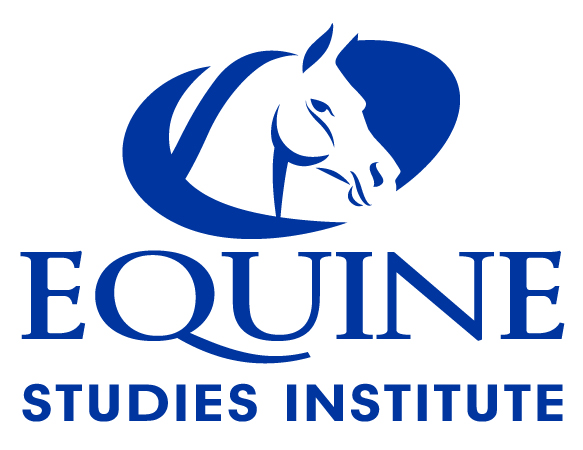There are many good (and some great) trainers, riders, instructors, and amateur horsemen and women. However, all too often, competent horse people conduct their horse businesses as an afterthought – or with no thought at all. The consequences to such business neglect can be catastrophic financially and personally-loss of farm, horses, reputation, and personal assets.
Legal Aspects of Horse Management is structured to present the “legal” side of horses. A student completing this course will understand the legal ramifications of conducting a horse business, selling and buying horses and riding horses. The understanding gained should minimize risks and provide an atmosphere in which horsemen and horsewomen can more fully enjoy their horses and their horse businesses.
The first lesson addresses setting up a horse business, typical business entities and the advantages and disadvantages of each. The second lesson addresses negligence and liability, the effects of state equine liability acts, and the need for various forms of insurance. The third lesson addresses premises liability, criminal law, agency, conversion, and misrepresentation (fraud). Contracts, and sales are covered in the fourth and fifth lessons, emphasizing the need for written agreements protecting both the sellers’ and buyer’s interests. Horse related legislation, including statutes concerning zoning, licensing, and animal rights/protection, are areas often overlooked by horse owners and business operators that can result in criminal as well as civil liability.
I. Horse Business Formation
A. Sole Proprietorship
B. Partnership
C. Limited Partnership
D. C Corporation
E. Limited Liability Company
F. Subchapter S Corporation
G. Joint Venture
H. Syndication
II. Torts: Part One – Negligence
A. Essential Elements
1) Duty
2) Breach (of duty)
3) Causation
(a) Actual Cause
(b) Proximate Cause
4) Damages
B. Types of Negligence Claims Involving Horses
1) Instructors/Trainers
2) Farms and Boarding Facilities
3) Property Owners
III. Torts: Part Two
A. Intentional Torts
B. Defenses to Tort Actions
C. Equine Liability Acts
D. Insurance
IV. Contracts
A. Elements of a Contract
B. Offer/Acceptance
C. Consideration
D. Options and Firm Offers
E. Consideration
F. Promissory Estoppel
G. Performance/Breach
H. Contract Interpretation/Parole Evidence
I. Contract Avoidance—When is Performance Excused?
J. Substantial Performance/Partial Breach
K. Anticipatory Repudiation
L. Remedies/Damages
M. Breeding Contracts
N. Boarding Agreements
O. Emergencies
P. Extra Fees
Q. Barn Rules
R. Insurance/Health Records
S. Late Board/Agister’s Liens
T. Eviction
U. Leases
V. Conclusion
V. Sales
A. Uniform Commercial Code (“UCC”) and Horses
B. Contract Formation
C. The Statute of Frauds – Generally
D. Contract Terms
E. Performance of the Sales Contract
F. Seller’s Duties/Obligation
G. Warranties
H. Remedies
1) Buyer
2) Seller
I. Deposits
J. Conclusion
VI. Miscellaneous Horse-related Legislation
A. Zoning
B. Animal Rights/Humane Organizations and Laws
C. Employment Law/Licensing
D. Taxation
E. Death and Beyond: Wills/Trusts
F. The Internet and the Law–Jurisdiction
G. Conclusion
VII. Case Studies in Horse Law –
A. 14 Actual Equine Related Cases Reviewed
B. Going to Court
Click Here To Enroll In Course
- Start course at anytime – no waiting for a semester to begin
- Completion deadline of one year from enrollment date. Extensions available.
- Work one-on-one with your instructor
- You can take just the one course
